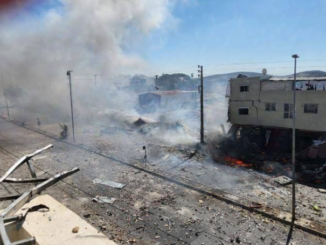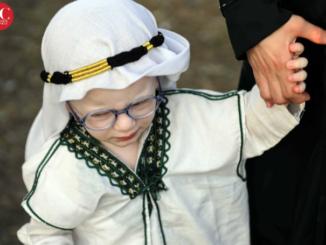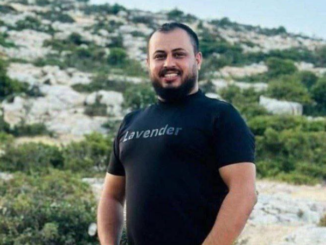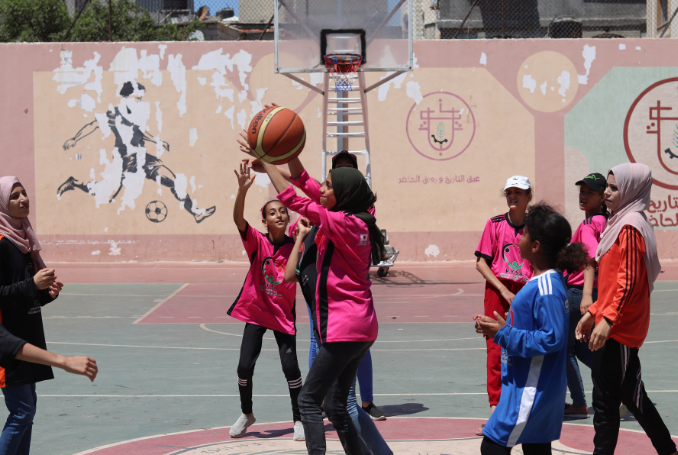
By David Harrop
The Durham University Palestine Education Trust (DPET) provides annual scholarships for up to four exceptional Palestinian students and provides a platform for the development of abiding international academic links.
Having been a social work practice educator for the University for several years I sit on the board as a non-academic trustee. Thus, I have a different perspective and I am not necessarily so persuaded by academic prowess.
As a panel member at the stage of shortlisting, it affords me an overview of applicants. Primarily I am interested in exploring how much they are potentially going to re-invest this academic opportunity back into Palestinian civil society.
DPET’s mission states:
“Our main aim is to contribute to the social, economic and political development of Palestine through scholarships for Palestinians to study at Durham University”
Having recently written in the Palestine Chronicle about my observations regarding the critical role of volunteerism in Palestine and the principle of Ownah, I am particularly interested to read about the applicants’ experiences of volunteering. They often bring their academic expertise into areas of popular education and have sought to immerse themselves in community activism and experience the power of simple ideas.
Amongst the experiences which applicants identify, there is engagement in volunteering within projects which seek to train youth to develop social initiatives within their local community.
Meanwhile, others describe volunteering as community health educators, and others have identified how they have engaged with initiatives to help to restore resilience in young people who have survived intensive bombings and house demolition.
Others have been engaged in projects which have supported young people and women to explore their entitlements to universal human rights.
Many have engaged with social media and journalism to share information and to lobby for rights and community responsiveness to human rights violations, whilst others have sought to raise awareness about supportive and enabling initiatives and projects.
Through volunteering, applicants indicate that they have developed and demonstrated skills in pioneering the development of their critical thinking skills, and raising awareness about Palestinian cultural identity, both historical and contemporary.
Many mention engagement with promoting and supporting youth in theatre skills, or dance, creative writing, and other means of narrative and expression
Through these experiences, many have been able to identify raised levels of community awareness around central aspects of Palestinian identity and resistance.
Others spoke of volunteering through the Zimam organization which is a pioneering Palestinian grassroots youth movement that work with the leaders of tomorrow to build a more democratic, actively engaged, and pluralistic society.
‘Our programs empower young people and transform public thinking, fostering respect for others, building peace, and instilling democratic attitudes. We do what we do because we believe that our communities deserve better and because we trust that we have the talent and capabilities to make real change’
They seek to provide a platform for Palestinian youth to begin to realize their potential as architects of change within their communities and to begin to explore their capacity for leadership
What these examples invite one to consider and reflect upon is the nature of Palestinians’ daily lives. Civil society is shaped by culture, creativity collectivism ambition, and entrepreneurialism.
These are the elements that help to define Palestinian culture more than the oppression of occupation and it is these activities and actions which are critical not only for building strength but also to confront the corrosive forces which undermine collective identity, and which lead to fragmentation and sectionalism within in civil society
It has often been stated that some of Palestine’s most able and influential community leaders are incarcerated in occupation prisons. To address this, there is a need for people-centered development within Palestinian society which is fundamentally participatory. Such activities provide platforms for people to engage with complex community issues and be encouraged to determine how they want to participate in this and begin to shape their activities around these issues.
Thus, the selection of scholarship candidates who have a clear record of community participation and volunteering suggests that there is a significant probability that they may use their opportunity to study outside of Palestine to reflect on their experiences.
The development of their analytical and discursive abilities, allied with enhanced critical thinking skills potentially leaves them better able to re-engage with their own community in a more dynamic way and take and develop a role in leading into the future. These scholarships represent a significant investment and contribution towards a buoyant and vital Palestinian future.
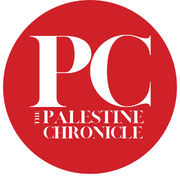
– David Harrop is an independent UK-registered social worker and co-founder of Palestine UK Social Work Network (PALUK) in 2011. Contact the author at his address email: harrop_david@yahoo.co.uk. He contributed this article to The Palestine Chronicle.

